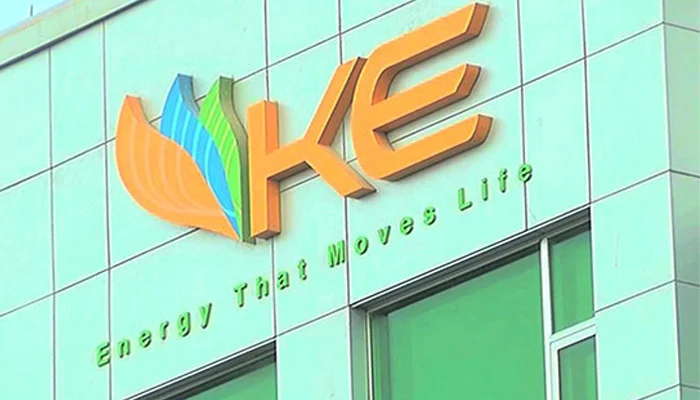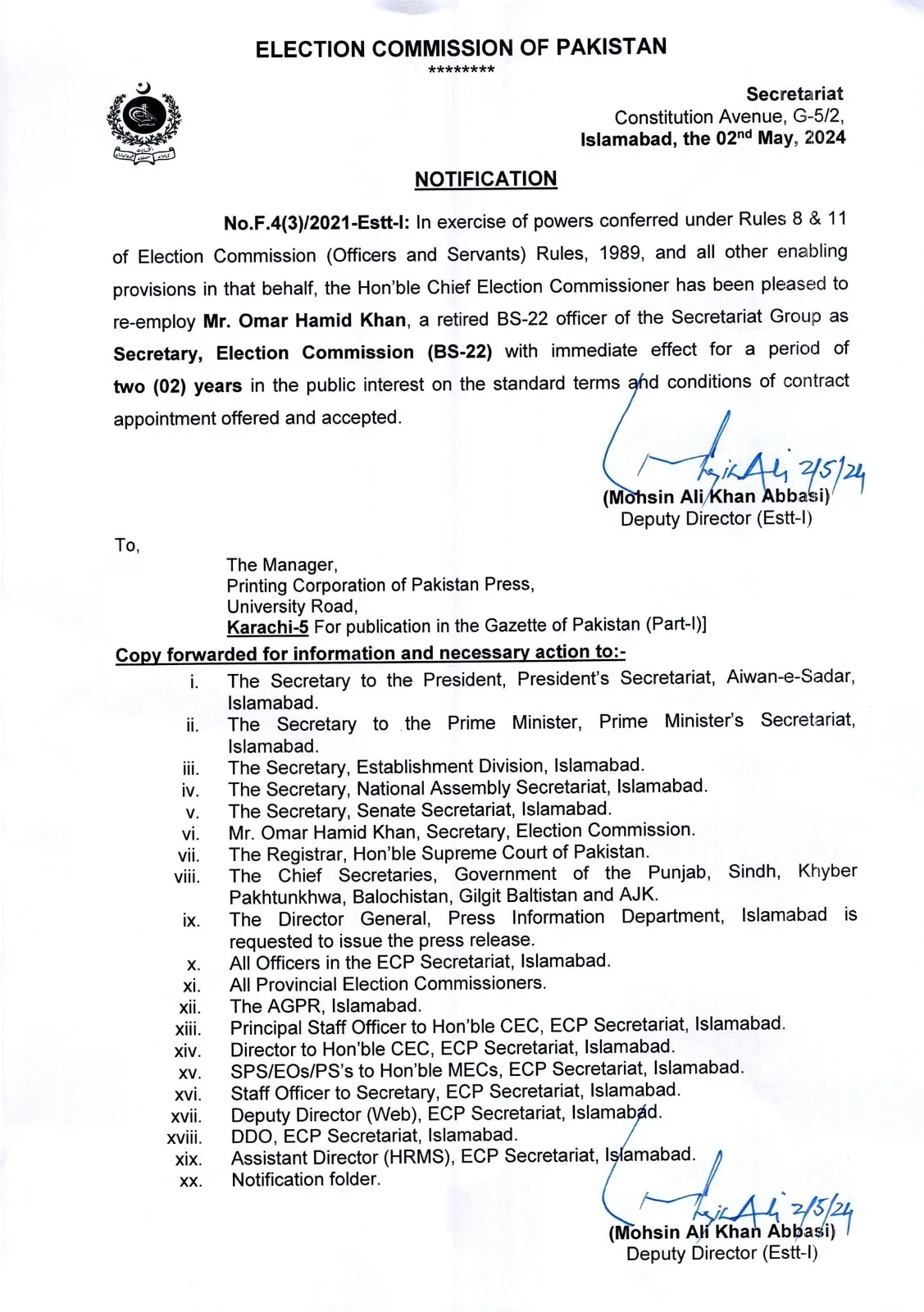The National Electric Power Regulatory Authority (NEPRA) has granted approval, at the request of the federal government, to impose an additional surcharge of Rs. 1.52 per unit on electricity consumers in Karachi. This decision was communicated through an official statement issued by NEPRA, clarifying that the approval has been granted after due consideration, and the final notification for the implementation of the surcharge will be issued by the federal government.
According to the released statement, this extra charge will be applicable to electricity consumers in Karachi from December 2023 to November 2024. The surcharge is expected to alleviate the burden of more than Rs. 24.5 billion on electricity consumers during this period. NEPRA emphasized that the final notification detailing the imposition of the surcharge would be officially issued by the federal government.
It is crucial to note that the additional surcharge will not be levied on lifeline consumers, ensuring that those using electricity for basic necessities are exempted from the extra financial burden. NEPRA aims to address the financial challenges faced by the power distribution company responsible for electricity distribution in Karachi, ensuring the sustainability and reliability of the city’s power supply.
The decision has sparked concerns and opposition from various consumer groups, industrialists, and business organizations in Karachi. The stakeholders argue that imposing an additional surcharge on electricity would adversely affect consumers and businesses already grappling with economic challenges.
This move by NEPRA raises questions about the broader energy policy and financial stability of the power sector in Karachi. While the surcharge is intended to alleviate financial pressures on the distribution company, its potential impact on the already strained economy and the cost of living for residents remains a subject of debate.
As NEPRA’s decision comes into effect, there is likely to be increased scrutiny and discussions surrounding the implications of such surcharges on consumers and the overall economic landscape of Karachi. The city’s residents and businesses will closely monitor the situation, seeking clarity on how this additional financial burden will be managed and its long-term consequences on the energy sector



